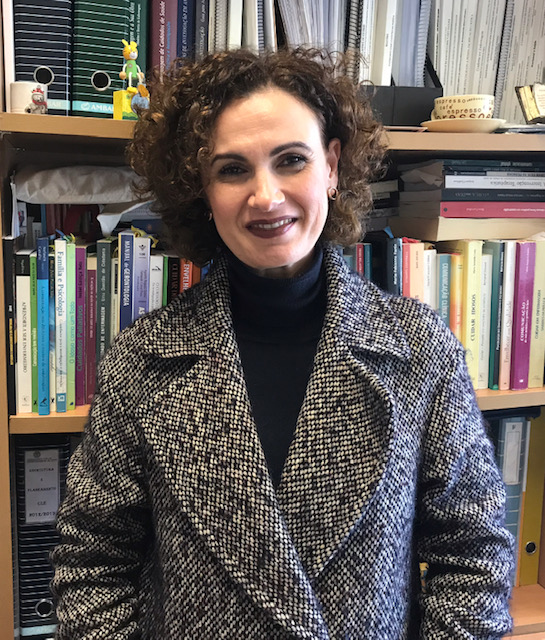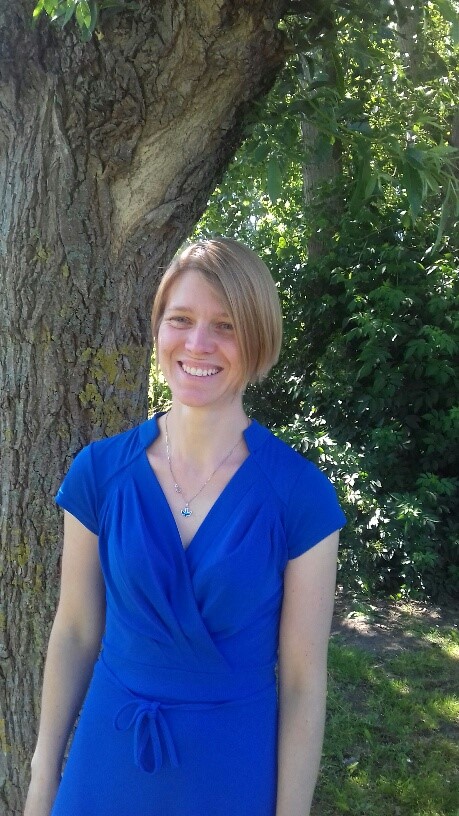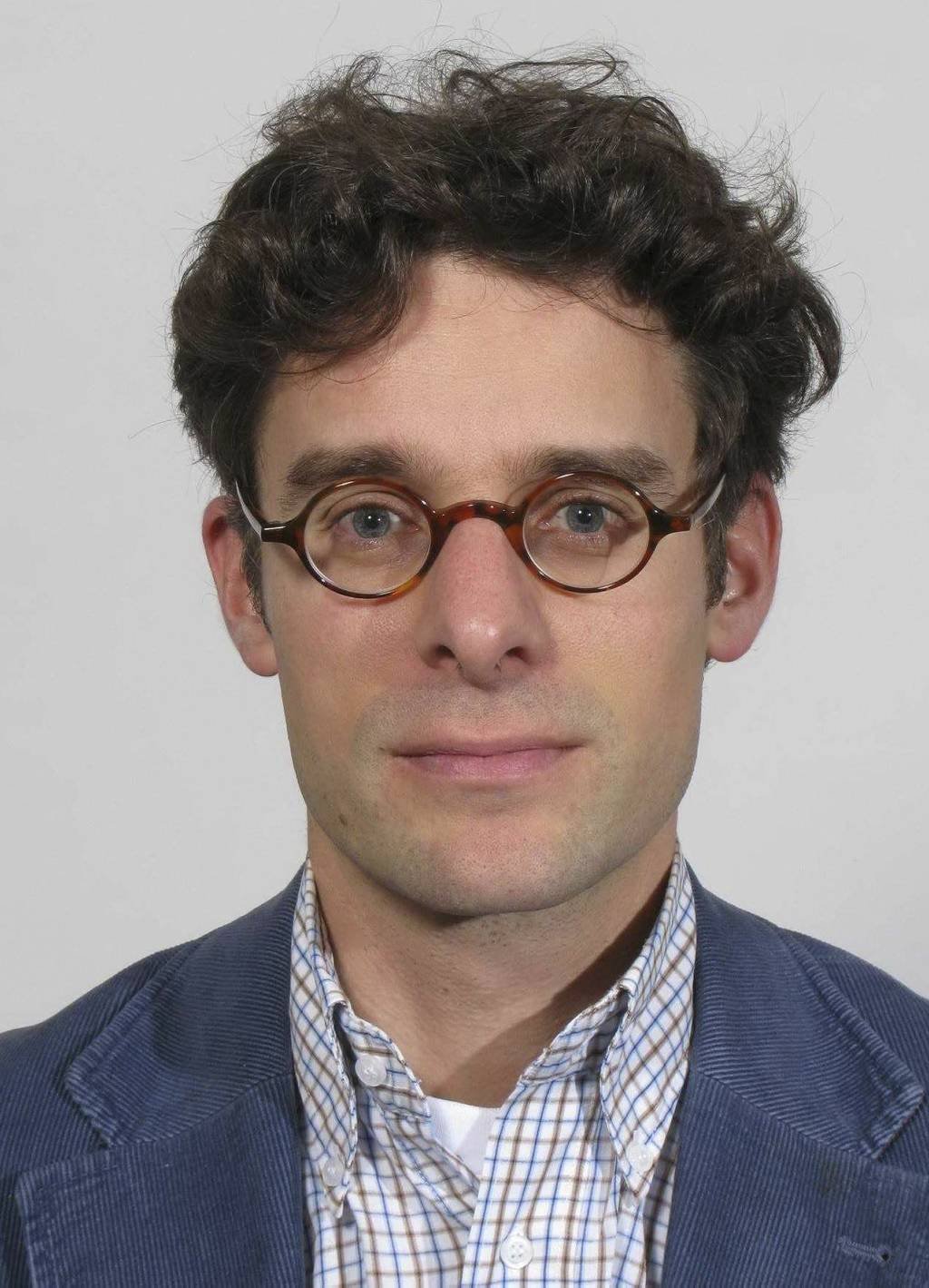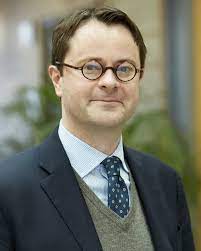
Keynotes
Please find the full keynote abstracts and brief keynote speaker bios in the conference folder.

Prof. Dr. Niels Christian Hvidt
University of Southern Denmark, Odense (DK)
Theological Perspectives on Aging and Health - Why Spirituality matters
It is well known that people turn to spirituality the more they age, become frailer and approach death. But does it matter which types of spirituality they engage?
This presentation departs from recent studies from the Survey of Health Ageing and Retirement in Europe (SHARE) in which two types of spirituality have been identified: Restful and crisis spirituality. The first was associated with positive health outcomes, the second with negative outcomes. These findings will be discussed in view of insights theology may provide for the healing of spirituality in the old. For in order for spirituality to matter and be able to heal the heart of the old and dying, spirituality itself must be healthy.
Here you can watch the recording of the session
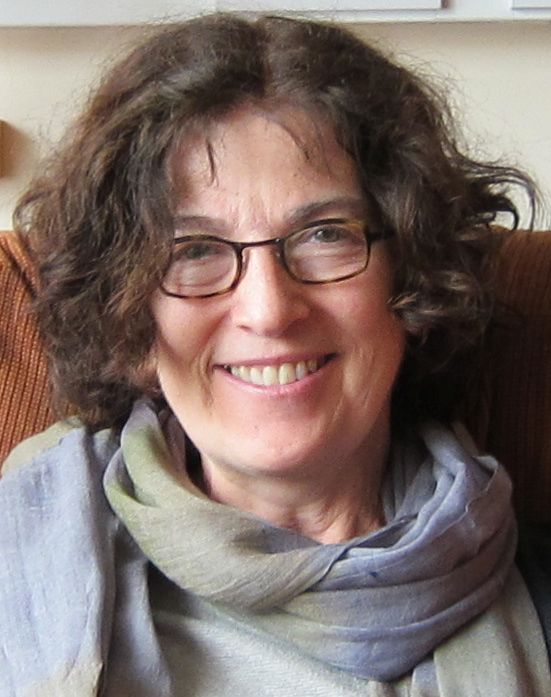
Prof. Dr. Ellen Idler
Samuel Candler Dobbs Chair of Sociology, Department of Epidemiology, Emory University, Atlanta, GA (USA)
The Importance of Spirituality in Aging and Health - A Sociologist's Perspective
Research on religion, spirituality, and aging in the United States and around the world has taken a leap forward with excellent new data sources. Whatever has been known about religion, spirituality, and aging at the individual level must now be placed in the context of secularization, not only in Western Europe where it has long been recognized, but also in the U.S. I outline findings from the new research on the demography of religion around the world, and the inexorable process of secularization that is changing the context for current cohorts of older adults and the less religiously observant cohorts that will follow them. There is an uneven distribution of religiosity both within and between countries produced by demographic and social processes that are consistently stratified by age. The social forces that are driving these generational shifts include declining marriage and fertility rates that have been termed the Second Demographic Transition – a rise in existential autonomy and gender equality for individuals, and a decline in the family, religion, and community engagement as “pillars” of society. Current research on the health consequences of religious and spiritual practice portends dramatic changes for the health and well-being of coming generations of older adults.
Here you can watch the recording of the session

Prof. Dr. Andreas Kruse
Gerontology University of Heidelberg, Germany
The Importance of Spirituality in Aging and Health - A Gerontologist's Perspective
In a first step, the lecture deals with central theoretical and empirical work on spirituality in old age and, on the basis of this work, looks at the importance of spiritual care for interacting and working with older people. It shows that transcendence is an important topic for many old people, which must not be simply overlooked in medical, psychological, social and nursing work. Transcendence means not only transcendence in a religious sense, but also in the sense of ‘survival’ in subsequent generations (symbolic immortality). However, it also becomes clear how intensely the questioning of a spiritual and an immaterial world can also become for those old people who have dealt with such a topic only to a lesser extent in earlier phases of life. This question can become increasingly important and urgent, especially in the immediate vicinity of death. The theoretical, and above all the empirical, literature on spiritual care in old age has skyrocketed in the past decade, which shows how important it is to examine this topic from a theoretical and empirical perspective. In a second step, we go into our own studies, which were carried out at the Institute for Gerontology at Heidelberg University on the central issues of life in old age. Among these central issues of life, concern for people of subsequent generations, autonomy, one’s own vulnerability, one’s own finiteness, and finally transcendence (in the spiritual sense as well as in the sense of symbolic immortality) played an important role. Studies on the internal processing of chronic physical and cognitive illness as well as oncoming death are also presented, in which questions of transcendence also emerged clearly. These results are interpreted against the background of theories of concern, generativity, and integrity. A more metaphorical closing of the lecture is a reflection on pictures of the age by Rembrandt van Rijn, especially his last self-portraits, in which the aspect of transcendence comes very clearly into the center.
Here you can watch the recording of the session
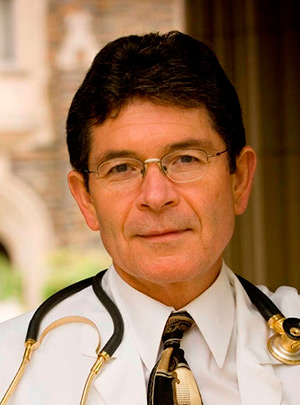
Dr. Harold Koenig
Duke University Medical Center, Durham, NC, USA
Research on Religion/Spirituality, Aging, and Health - What do we know?
Dr. Koenig published his first book: Religion, Health and Aging(Greenwood Press) in 1988. For the next 30+ years, this topic would be the focus of his clinical work and research. In this presentation, he will first review the powerful effects that religious belief and practice have on mental health, social health, behavioral health, and physical health as people age. The health benefits of a lifelong religious faith commitment are not truly evident until the later years, as they accumulate year after year, decade after decade, influencing relationships with others, psychological well-being, and physical vigor. He will then explore the mechanisms by which religious involvement accomplishes all of this through psychological, social, and behavioral pathways, affecting physiological processes that ultimately impact physical health and longevity.
Dr. Koenig will then explore the implications that the relationship between religion, health, and aging have on the public health of countries, which are increasingly confronting growing healthcare costs due to the aging and chronic health problems that are threatening to overwhelm these nations’ economies. Growing healthcare costs necessary to care for aging populations are a challenge to countries throughout the world, but especially to those in Europe and other developed countries where lifespan is increasing.
Finally, Dr. Koenig will examine the implications that the religion-health relationship has on the clinical practice of health professionals caring for older adults. Many of those older adults will not be particularly religious. However, they will be struggling with issues related to the meaning and purpose of life (especially those with chronic disabling illnesses and pain) and wondering what the future holds for them. Addressing these existential issues utilizing a patient-centered “spiritual” approach will be emphasized, one that applies to both the religious and the non-religious.
Here you can watch the recording of the session
